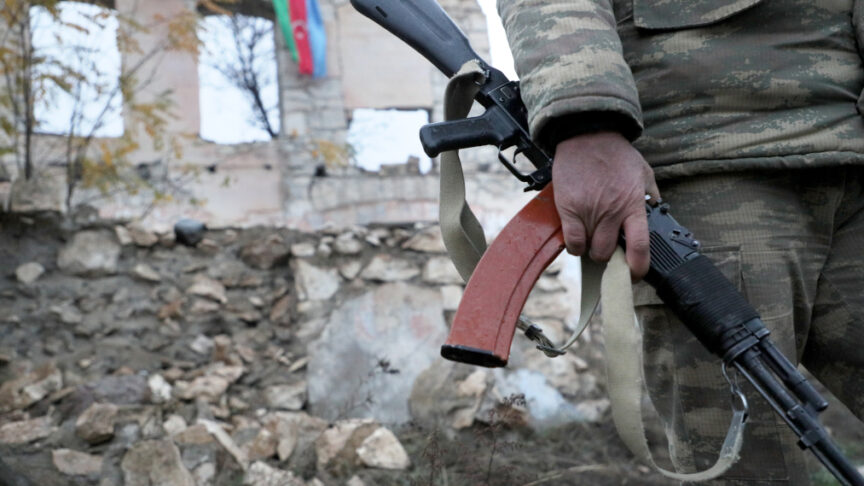Big_Zucchini
Well-Known Member
If you want, I can prove to you why they would not have been effective even with 1999 tech. But I fear this would be too off-topic so if you want, reply that you want an explanation in a more relevant thread.If a ground based AD network relying largely on 1970’s/1980’s Soviet designed stuff was “effective” in 1999 against NATO with all its resources; something would have been very very fundamentally wrong.
The Serbs only managed to down 2 planes (a few were damaged) and never managed (nor were they expected) to deny NATO the ability to operate where it wanted but until the very last day of the campaign it was a source of major concern for NATO and despite NATO’s best efforts the bulk of the Serbian air defence systems survived.
What is relevant for this thread, is the general concept of IAMD vs air power.
- Air defenses will always be a concern for planners.
- But so long as they can be suppressed, and the mission can be fulfilled, they're irrelevant.
- That's why it's called SEAD - Suppression of Enemy Air Defenses.
There are many tools at hand for the IDF - not only fighter aircraft.As for a protracted air campaign; never mind the sheer distance; a number of other factors also determines why the IDF can’t and won’t conducted a protracted campaign. It will be a few ‘surgical’ strikes; how effective they are remains to be seen - there are many targets which are dispersed and hardened: plus the Iranians are expecting strikes.
A profound difference between hitting targets in Iraq and Syria and actually mounting long range strikes on Iran resulting in tangible benefits for Israel.
And if and when a strike occurrs, it will be done knowing Iran will retaliate. You're not adding any new information here.What’s for sure is that the Iranians will retaliate (who wouldn’t?).
I'm sorry, I didn't know you had access to GHQ level IDF plans. Considering these are top secret, I advise you to not speak about them any further.Israeli planning from the very onset was catered on the fact that the U.S. would soon be dragged in and would accomplish what Israel is unable to do.
Of course. And that's the beauty of intelligence ops - you don't just deny future progress, you utilize an enemy's progress against it, and aim to completely reverse it in whatever vector possible.Also bear in mind that Israel has been going on about the Iranian nuke threat for years now. On a number of occasions in the past we’ve heard about how close the Iranians supposedly were to making a bomb.
The highest profile attack was Stuxnet, which set them back several years.
The more recent reported blasts in Iran, in nuclear facilities, also have tremendous value but it's not known exactly how long it sets them back.
That's one possibility. There are more.I have no doubt that the IDF has long had plans to strike Iran and constantly refines those plans but I’m also sure that Israel will only move if left with no other choice (nobody actually desires a major war in an already tense region) but that all these constant talks about strikes are mainly intended to pressure the U.S. into maintaining its current U.S. policy.
Of course it is. They want to receive more support from the Palestinians and have the PIJ overthrow Hamas. That way they can assume total control over the Palestinians like they have over the Lebanese via Hezbollah.Irrespective of how much material or other support the Palestinians actually receive from Iran and whether Iranian concern/assistance is actually ’pseudo-humanitarian’; the key fact remains that Iranian support for the Palestinians and criticism of Israel over its policies has long been a consistent theme; as I mentioned in a reply to Vivendi.
Imagine an Ayatollah saying right now Iran is and has been the most LGBT-friendly country in the region, maybe the world. It doesn't take a genius to know that's BS, but they can make it a consistent theme.
Last edited by a moderator:


